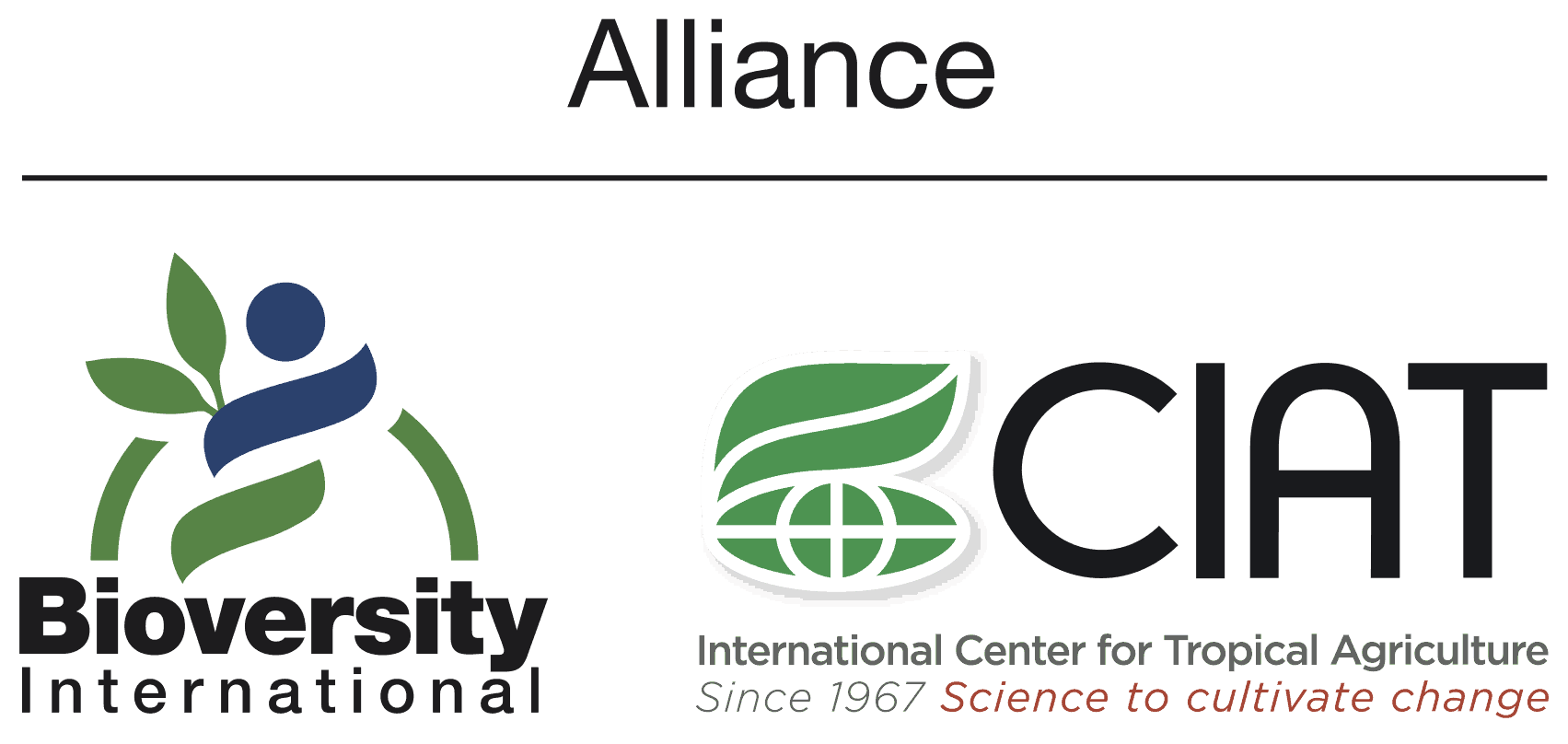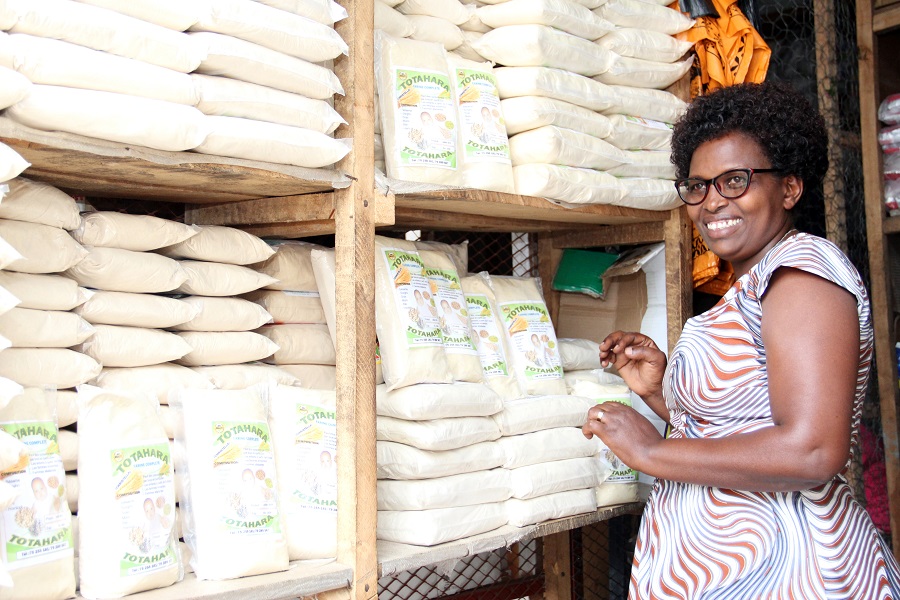Bean Flour and Flour Products
Summary
The time and energy required to prepare whole beans for consumption restricts their appeal to urban consumers, even for pre-cooked products described in Technology 11. In response, an increasing number of processed and ready to eat products made from common bean are emerging across Sub-Saharan Africa. Preparing high-quality flour from common beans is the first step in the manufacture of these products, and use of this flour by homemakers is becoming increasingly appreciated. In comparison to conventional bean preparation by lengthy boiling, use of flour offers substantial savings on cooking time and fuel cost, and improves the bioavailability of vitamins and micronutrient in derived food products. Bean flour is produced by similar milling processes as performed for cereal grains and other legumes. This technology provides a diversity of bean-based products and recipes that are useful among rural and urban communities. Manufacturing of flour and food products from common bean creates a lucrative market that benefits the livelihood of both farmers and entrepreneurs.
About the Solution
Common beans contain substances that interfere with absorption of proteins, starch and minerals in the human gut. Processing bean grains into flour serves to ameliorate digestibility and nutritional qualities, increases consumer appeal, extends shelf-life and generates additional income. Freshly harvested and hard-to-cook beans can be made into flour through various procedures. Wet methods generally involve a combination of soaking, malting, dehulling, pressure cooking or steaming, oven drying and fine milling. Soaking dry beans prior to cooking is a common practice which extrudes substances that cause flatulence. Malting and sprouting provides this same service but also increases the availability of vitamin C, folic acid and iron. Dehulling eliminates phytates and tannins, and increases protein digestibility. Apart from making foods more palatable and safe, the cooking or pressure steaming of beans inactivates and leaches anti-nutritional compounds. In the case of dry milling methods, whole beans first are desiccated in the sun or an oven before being ground, then the flour is passed over a sieve for removing chaff and large particles, and lastly it is vacuum packed, allowing it to be stored for longer periods of time under room temperature.
Production of bean flour is appealing for rural and urban communities alike. As blended flour, it improves food self-sufficiency and promotes business development. Equipment requirements for both small and large milling are widely available and simple to install or build. Milled bean flour presents opportunities to improve existing supply chains and open up trade in new areas since it increases markets to producers, offers savings on transportation costs and provides manufacturers opportunity to create new product lines.
Smaller manually-operated equipment is used in cottage level production of bean flour, whereas larger automated systems are employed for industrial-scale processing. Manufacturing bean flour through the wet procedure requires soaking baths, solar dryers, hot air furnaces, boiler plates and steaming vessels. The malting and germination step occurs by placing whole beans inside moist cloths that are rinsed daily with water to prevent mold formation. Dehulling soaked beans involves abrasive rolling by hand or within a motorized friction chamber. Flour mills have a canister fitted with stainless steel blades that operate at high frequency to strike and grind the whole beans. Meshes placed within the mill determine the particle size of flour, and prevent excessive grinding. A water cooling system inside the mill ensures that the bean flour is not overheated due to friction while being processed.
Bean flour produced through either wet or dry milling can be used in a wide range of products and foods. It is an all-purpose, gluten-free flour suitable for composite blends with cereal flour to prepare bread, pastry or porridge. Pure bean flour serves as a texturing ingredient for crisps and pasta, as thickener for soups, sauces and beverages, and as protein replacement in meat analogues.
Commercialization
Commercially available
Solution Images
Institutions

Accompanying Solutions
Biofortified Beans for Improved Nutrition


